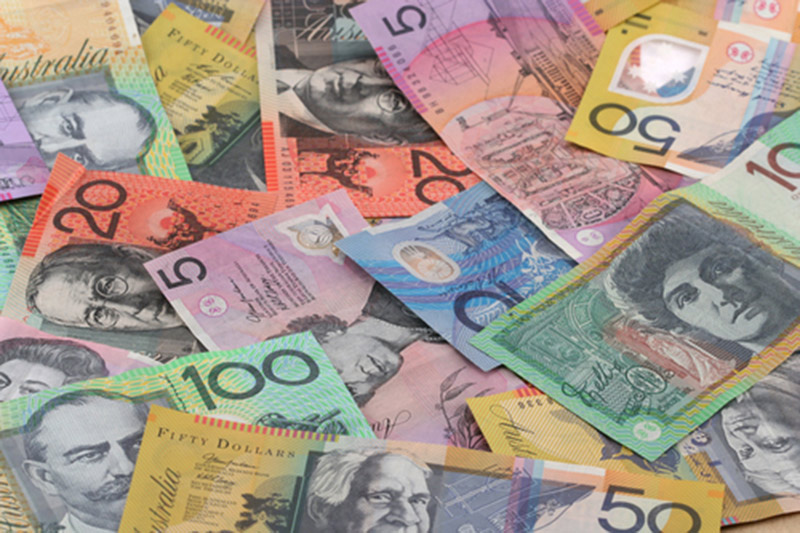By Swati Pandey and Charlotte Greenfield
SYDNEY/WELLINGTON, Nov 18 (Reuters) - The Australian and New Zealand dollars sank to multi-month lows on Friday due to the greenback's broad strength after Federal Reserve Chair Janet Yellen signalled U.S. interest rates will probably rise next month.
The Australian dollar AUD=D4 broke key chart support levels to fall to $0.7382, the lowest since June 30. The Aussie is on track for its worst weekly performance since May 5.
It has tumbled nearly 5 percent since Nov. 8 as Donald Trump's victory in the U.S presidential election has raised the spectre of faster U.S. inflation and, perhaps, more rate hikes by the Federal Reserve.
"The combination of pending Trump policies and strong US data has finally knocked the AUD," said Matt Simpson, senior analyst at ThinkMarkets.
The Aussie was among the best performing major currencies until the U.S. election this year, thanks to carry trades where investors borrow in safer assets to buy riskier, high-yielding currencies. Over the last eight sessions it has nearly erased its 2016 gains to stand only 1.4 percent up for the year so far.
"Fed rate hikes could effectively kill the yield differential which had supported the AUD, leaving it vulnerable to further losses, especially if domestic inflation doesn't pick up and employment data continues to concern," Simpson added.
Underlying inflation is stuck at an anaemic 1.5 percent while employment is heavily skewed toward part-time jobs, keeping wages at record lows. the Aussie rose 0.22 percent against the yen AUDJPY=R , camping near a 6-1/2 month peak. It slipped again on the euro EURAUD=R , drifting away from a 17-1/2 month high touched on Nov. 10.
The New Zealand dollar NZD=D4 fell for a fifth straight session on Friday to a 3-1/2 month low of $0.70.
The Kiwi briefly rose to $0.7029 after a private survey showed consumer confidence was at its highest level since early 2015. It last traded at $0.7005, down 0.2 percent.
In contrast to its trans-Tasman cousin, New Zealand is enjoying strong employment growth and consumer spending, but despite optimism about its economy, a recent surge in the U.S. dollar has left the outlook for the Kiwi weaker, analysts said.
New Zealand government bonds 0#NZTSY= skidded, sending yields 11 basis points higher at the long end of the curve.
Australian government bond futures tumbled, with the three-year bond contract YTTc1 sliding 8 ticks at 98.15. The 10-year contract YTCc1 dived 14 ticks to 97.325. (Editing by Simon Cameron-Moore)
